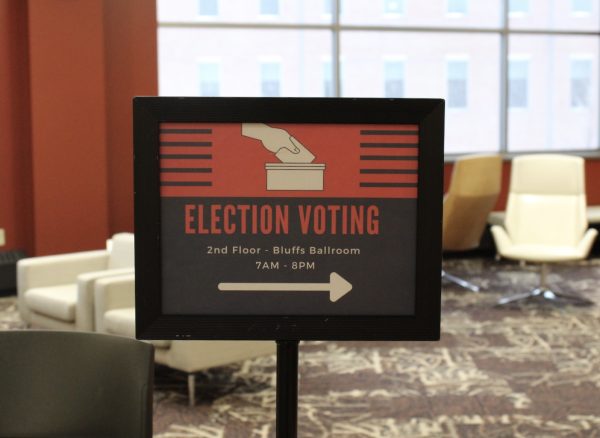Viewpoint: The Benefits of Young Adult Literature for All Ages
February 13, 2018
Pew Research Center reported that in 2016, 27 percent of Americans claimed that they did not read a single book the entire year. Even though that leaves a majority of the United States reading an average of 12 books per year, according to the study, that still means that a large portion of people are not experiencing the fascinating worlds that are hidden behind book covers.
With this statistic in mind, it needs to be questioned why some members of society believe that young adult literature should only be enjoyed by that clear focus group, which generally ranges between the ages of 12- to 18-years-old, according to Michael Cart, who spoke of the value of the young adult literature genre in an article for the Young Adult Library Services Association.
If the last 27 percent of Americans who do not find delight in literature could find pleasure in this genre of novels, who has the right to say that it is not the category for them to be reading in? Why should anyone declare that any genre of book is not appropriate for an independent adult reader who looks for a break from “adulting?”
Young adult literature should be embraced, whether an adult, a college student, or a young teenager is enjoying it. For adults, young adult literature enables them to experience a temporary escape from daily reality. When the bills begin piling up and the boss adds onto the stack of responsibilities, an easier world that reminds them of their youth can clear a mind, so that when the adult returns to reality, she/he may be able to grasp a better perspective. Young adult literature is often focused on situations that show the growth of a young character when faced with a difficult situation that is normally relatable to most teenagers. As adults, these scenarios likely seem simple compared to what they are faced with in their lives, so these plots may be a source of relief.
“Another value of young adult literature is its capacity for fostering understanding, empathy, and compassion by offering vividly realized portraits of the lives—exterior and interior—of individuals who are unlike the reader,” Cart wrote. When stress begins to rise, it can be hard to recognize that others have their own difficulties also. Young adult literature can be a reminder to look at the lives of others and note that no life is simple.
The genre places the reader into the mind of someone who may be facing a completely different background and set of experiences. The reader, when they open the front cover of a novel, is placed into the mind and emotions of someone whom they learn to understand. They are able to see the world through another’s viewpoint, which in turn is applicable to real life social exchanges with people who may put them on edge at times due to misunderstanding.
Young adult literature is an enlightening genre for not just those facing difficulties similar to the characters on the pages, but for everyone who is attempting to master life. If the plot of a novel raises the interest of someone, no matter their age, and allows them to have a more fulfilling mindset and life, who has the right to criticize such an experience?

















Amy Saunders • Nov 30, 2021 at 7:48 am
Hi there! I absolutely agree with you when you mentioned that young adult literature can foster a deep sense of empathy among its readers. Lately, my son-in-law has been developing some kind of interest towards casual reading. I’ll ask him to look further into this option so he’ll immerse himself into good reading materials later. https://gianninabraschi.com/